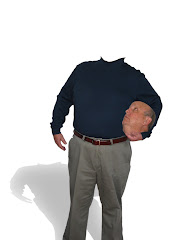Thursday, August 28, 2008
What is an "opera"?
Opera is the earliest form a musical theater; it is, simply, a play in which every piece of dialogue is sung, not spoken -- where a play has a script, an opera has a libretto. The form is very distinctive, known mostly for a very particular style of singing that requires an incredible range. But while many opera singers feel they have an inherent ability simply on the basis of their high notes, the form is much more complicated than that. Opera requires a vocalist to not only sing complicated parts flawlessly but dance and act flawlessly as well; it's an extremely extensive type of performance.
The vocal parts in an opera are classified in the same manner as a choral arrangement, but there are several subdivisions to each category. For instance, opera requires more than five different types of soprano, most of which don't have that classic opera tone; some act as something of a higher range alto, filling in harmonies and integrating the chorus. It's the lead soprano, or dramatic soprano, that has the distinctive opera tone; because of that, dramatic sopranos are always the female leading roles in an opera.
The actual vocal compositions in an opera are of two different forms: aria and recitative. An opera aria is a wholly composed and developed song, one that tends to stop the plot dead in its tracks and focus on the feeling of one specific moment. While opera arias have recently come to refer to a solo piece, they can be sung by any number of individuals. A recitative piece in an opera, on the other hand, is the actual dialogue of the opera, the talking back and forth. It's a composed song, obviously, but tends to not be as structure or developed as an opera aria; the melodies are loose, the focus more on the content than the form. While opera arias are usually given the golden limelight by audiences and critics, its the recitative pieces that truly move the opera forward. Without them, the opera would simply not be an opera.
